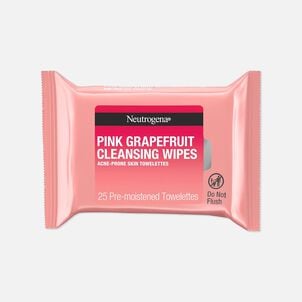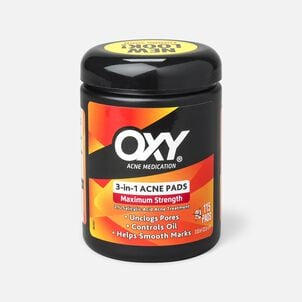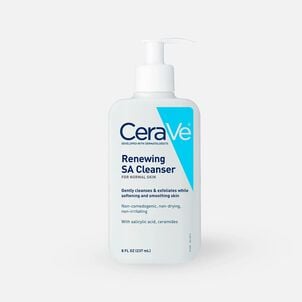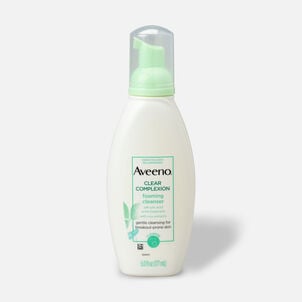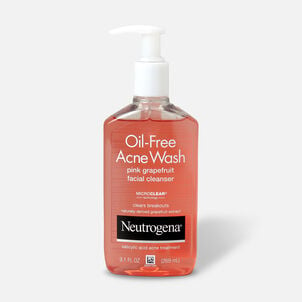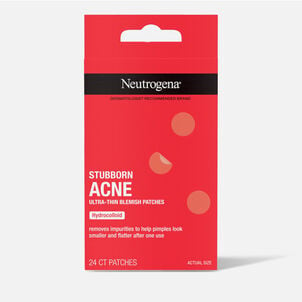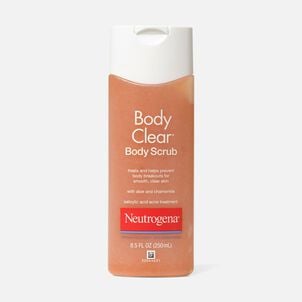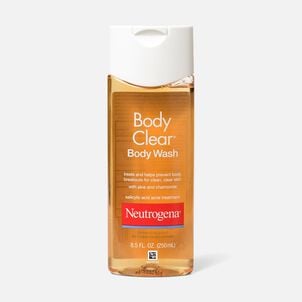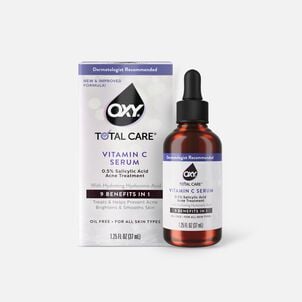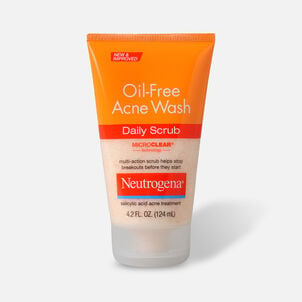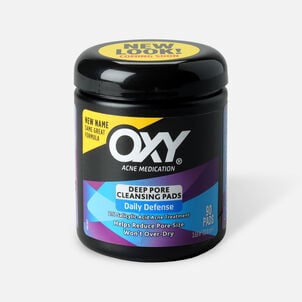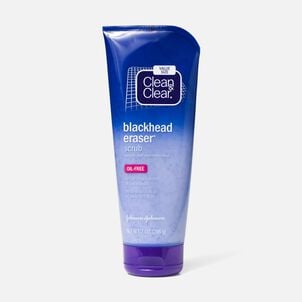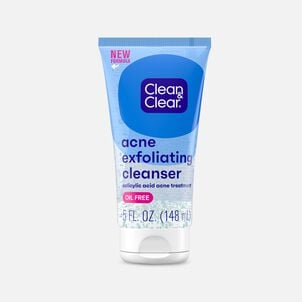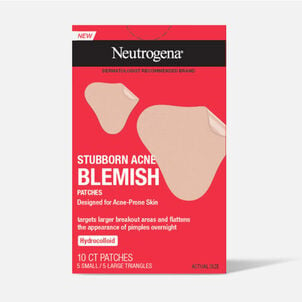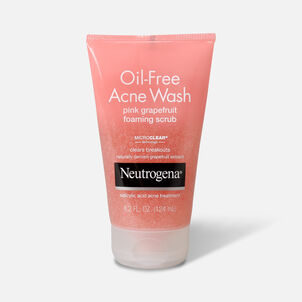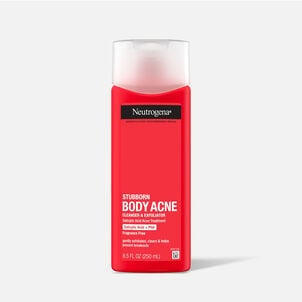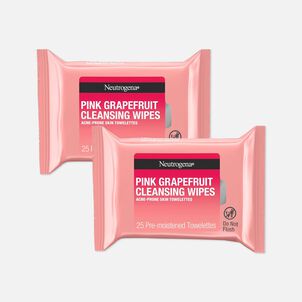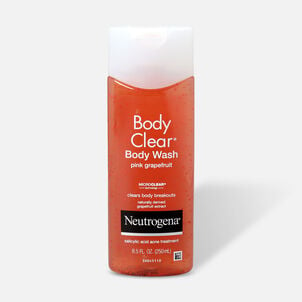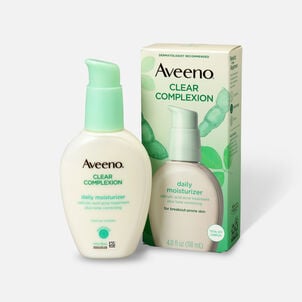The Complete HSA Eligibility List
Here it is — the most-comprehensive eligibility list available on the web. From A to Z, items and services deemed eligible for tax-free spending with your Flexible Spending Account (FSA), Health Savings Account (HSA), Health Reimbursement Arrangement (HRA) and more will be here, complete with details and requirements. Important Reminder: HSAs, FSAs, HRAs and other account types listed may not all be the same. Be sure to check with your administrator to confirm if something is eligible before making a purchase.
Here it is — the most-comprehensive eligibility list available on the web. From A to Z, items and services deemed eligible for tax-free spending with your Flexible Spending Account (FSA), Health Savings Account (HSA), Health Reimbursement Arrangement (HRA) and more will be here, complete with details and requirements. Important Reminder: FSAs, HRAs and other account types listed may not all be the same. Be sure to check with your administrator to confirm if something is eligible before making a purchase.
Acne Medicine: HSA Eligibility
Acne Medicine: eligible with a Health Savings Account (HSA)HSA Eligible Acne Treatments
What is acne medicine?
Acne medicine is designed to alleviate the skin imperfections that arise when dead skin cells, dirt and oils clog hair follicles that lead to pimples and painful bumps on the face, neck, chest, back and shoulders. Acne is most common among teenagers who are experiencing puberty, but it can also occur in children and adults in varying frequencies. While prescription acne medicines are available, over-the-counter (OTC) products are typically the most popular and can prove effective in preventing and alleviating acne breakouts (Mayo Clinic).
OTC acne products come in a variety of forms, including lotions, gels, foams and towelettes. These products work in varying ways depending on their active ingredients. For instance, some products are designed to remove excess dirt and oil that can cause pimples, while others kill bacteria that can cause inflammation (Mayo Clinic). The most common ingredients to look for include:
- Salicylic Acid: This ingredient comes in varying strengths, and plays a vital role in removing dirt, oil and other particulates that clog pores and lead to pimples. However, excessive use of salicylic acid could lead to skin irritation.
- Benzoyl Peroxide: This is one of the most common ingredients in OTC acne medicines that can kill bacteria that contribute to the formation of acne. Like salicylic acid, overuse of benzoyl peroxide could lead to skin irritation, and be sure to avoid allowing benzoyl peroxide to come into contact with hair or clothing as it can bleach them.
- Sulfur: Sulfur is extremely effective in removing dead skin cells from the surface of skin, and is typically used as a secondary ingredient in acne medicines.
- Azelaic Acid: For individuals with sensitive skin, azelaic acid is less caustic than benzoyl peroxide but still effective at clearing clogged pores and treating acne breakouts.



